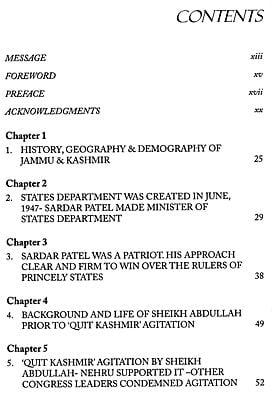
Kaul was promoted to the position of General supplanting more capable, and senior officers because he was personally close to Nehru.Īccording to Dalvi, the Indian Army lacked leadership, equipment for mountain warfare, weaponry, and basic essentials like warm clothing, snow boots, and glasses. Kaul was not on the front lines and was in Military Hospital, Delhi, recovering from an illness.

They managed to capture 11,000 km² of area in Aksai Chin and substantial area in NEFA. The Chinese attacked simultaneously on the Ladakh area and NEFA. When the war broke out on 8 September 1962, Nehru was away from India. The Chinese had two major claims with respect to Indian territories -ġ) Aksai Chin in the northeastern section of Ladakh District in Jammu and Kashmir.Ģ) British-designated North-East Frontier Agency (NEFA), which is the present-day state of Arunachal Pradesh. The Chinese began constructing roads from Tibet leading to Aksai Chin near Ladakh. India did not protest the attack owing to Nehru's China-friendly policy.

Expectedly, the Chinese attacked Tibet in 1950 and captured it. They had therefore cultivated Tibet as a buffer state.


The British, he says, had insight into China's imperial ambitions. Dalvi also examines the position of Tibet vis-a-vis India and China. Dalvi remembers that he was very angry with the gentleman questioning the authority of the gentleman to criticise the leader of his country.īrig. He narrates an incident where a guest faculty, a retired British official, after hearing that Nehru had signed Panchsheel agreement with China in April 1954 and had decided to give up the post in Tibet that the British had maintained in Tibet to check Chinese advance, interrupted his class and warned that India and China would soon be at war and people in this class would be fighting it. The book begins with the narration of Brig.


 0 kommentar(er)
0 kommentar(er)
